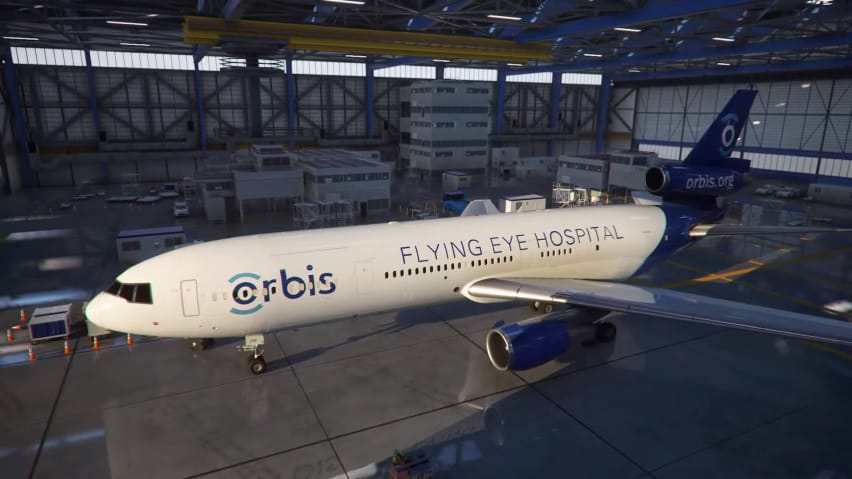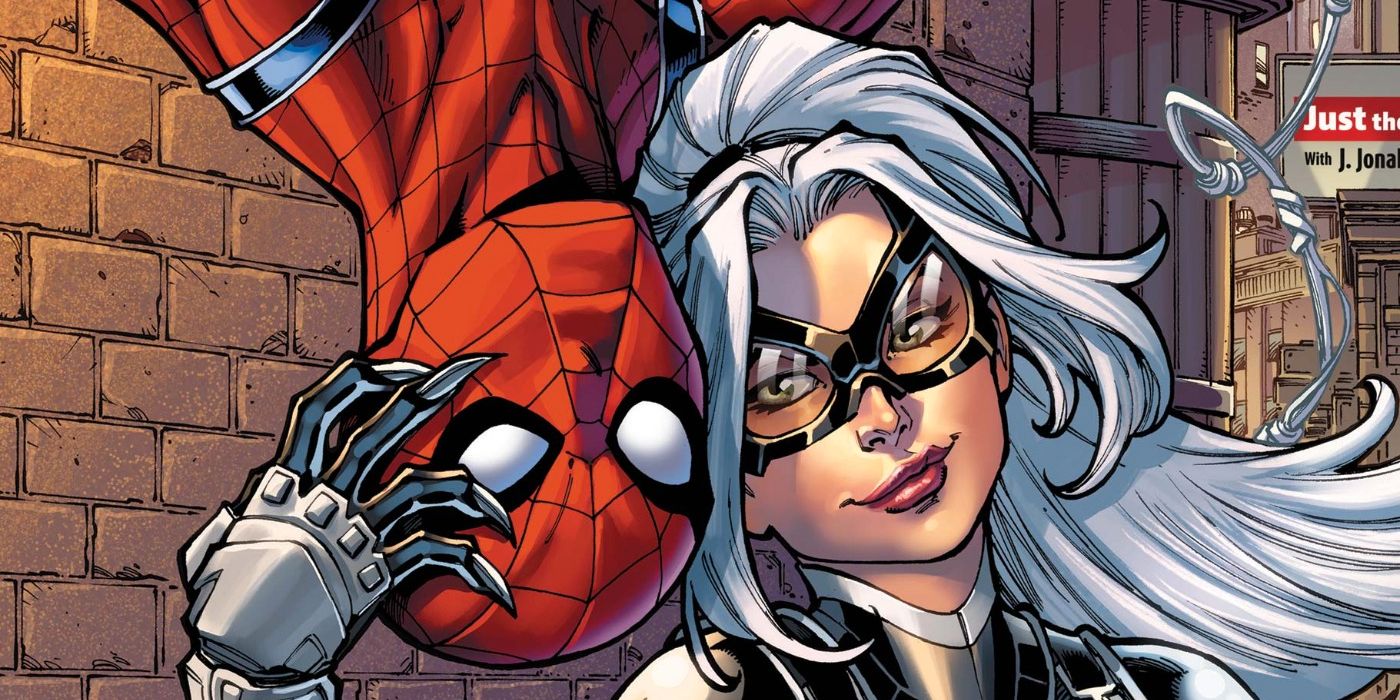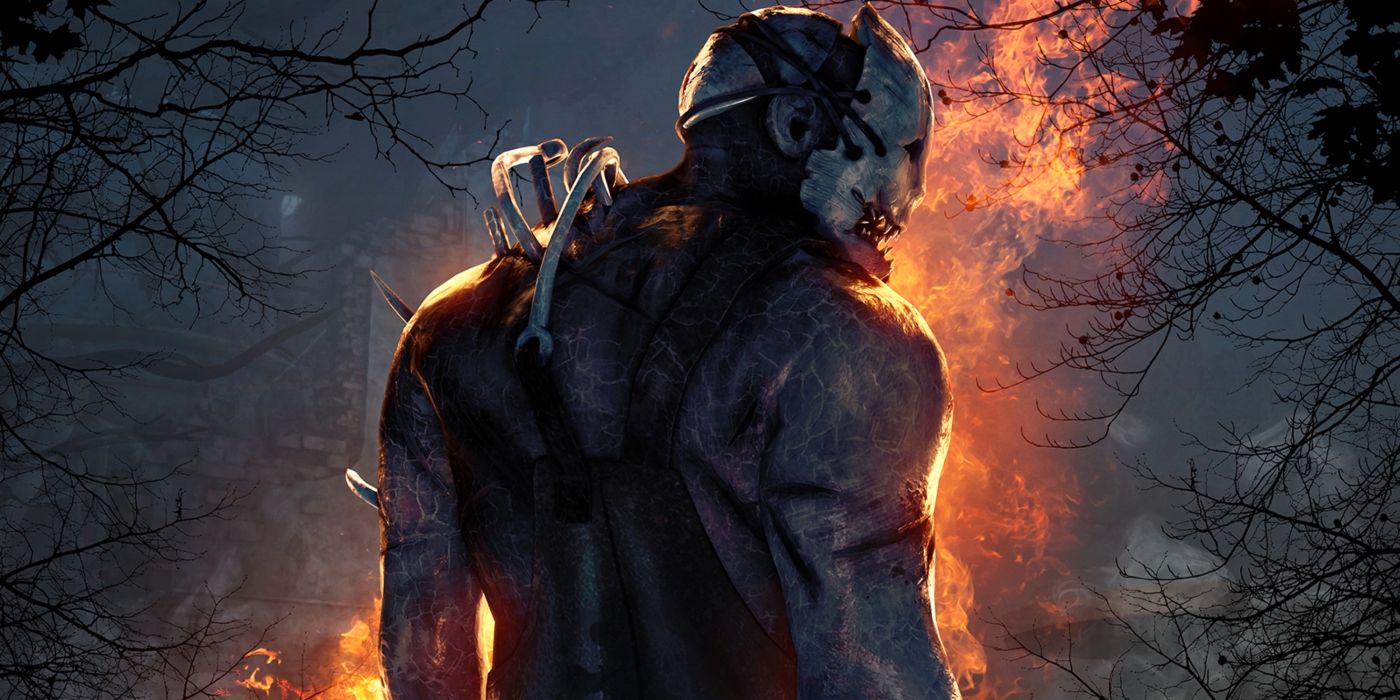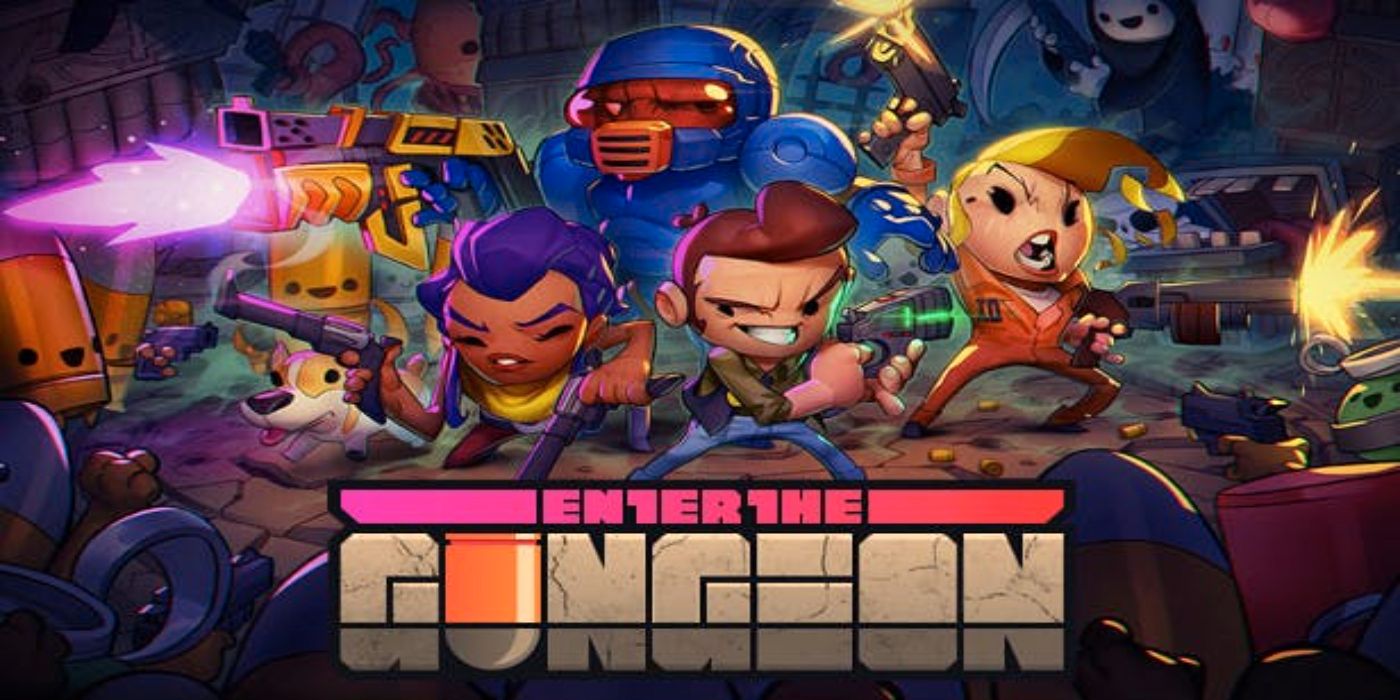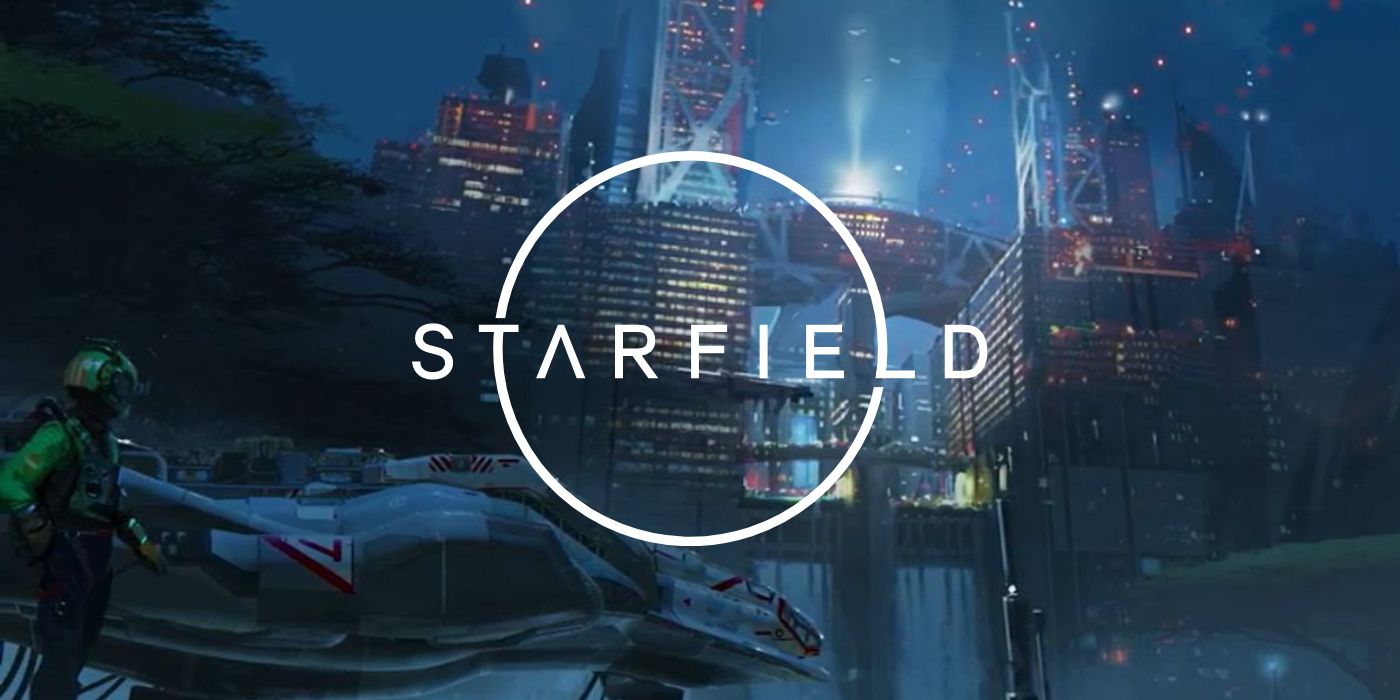
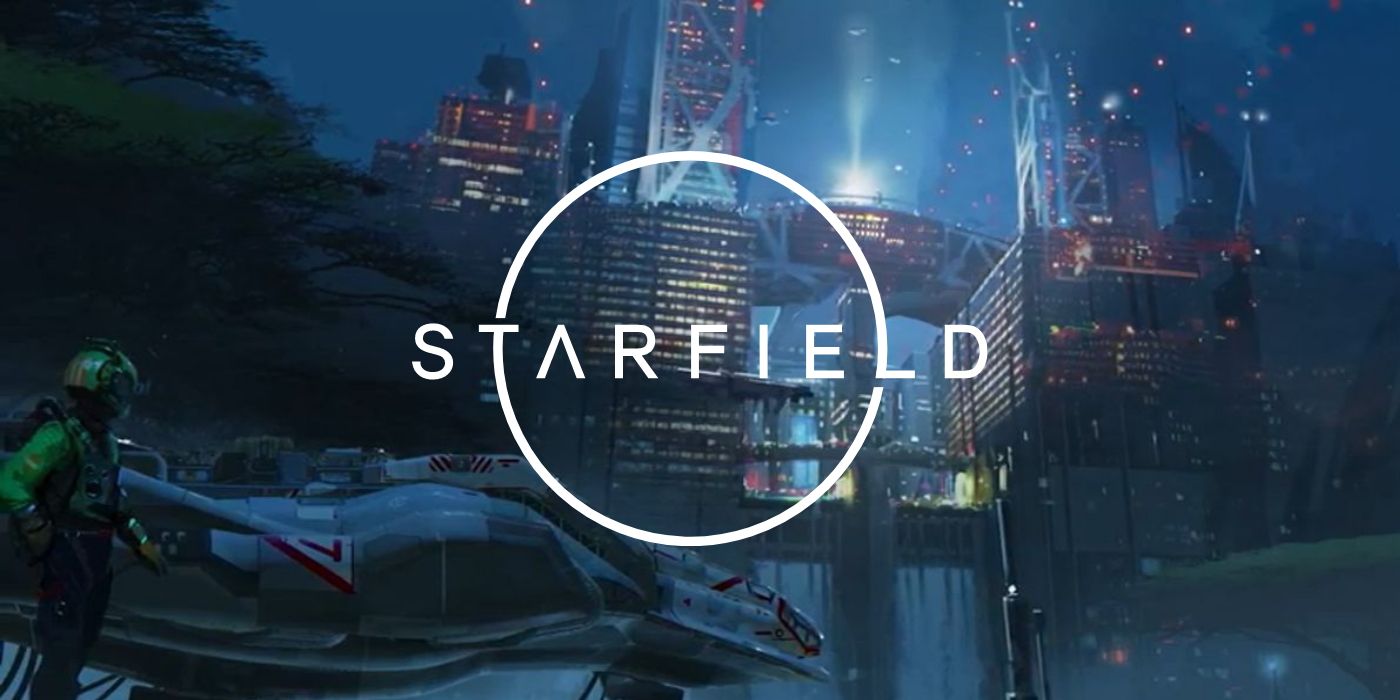
Starfield's world and visual design has been described by Bethesda as "NASA-punk." Inspired by the aesthetics of the Space Race between the USA and Soviet Union as well as developer tours around Space-X, the new IP's style is already shaping up to be a refreshing throwback to the optimism and wonder of the Space Age.
That optimism, however, will be far harder to sell if Starfield's player character has no choice but to spend the entire story mowing down hordes of enemies. Here's why Starfield needs far more non-lethal options than previous Bethesda RPGs.
RELATED: Starfield May be the Final Nail in the Coffin for Beyond Good and Evil 2
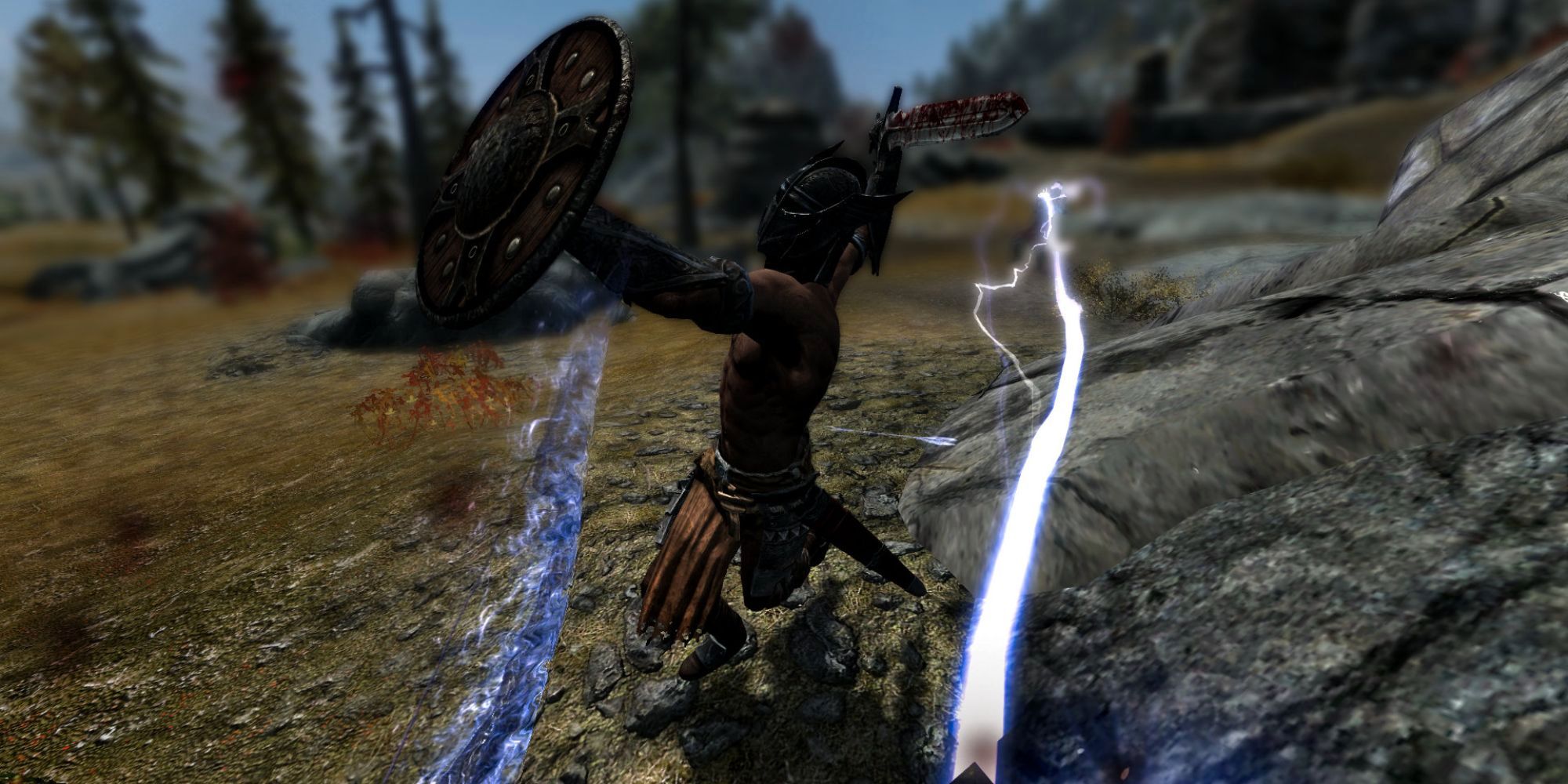
No matter what players think of the Space Race in real life, Bethesda's take on it seems clear. The tone of Starfield's trailer is intensely optimistic, with talk of "humanity's final journey" over an inspirational score. In another video, Todd Howard mentions a quest to uncover "life's greatest mystery." For Starfield, the aesthetics of the Space Race come imbued with a sense of optimism, the idea that technology will one day allow humanity to spread out among the stars, discovering new worlds and new forms of life, answering almost-spiritual questions about humanity itself in the process.
This is very different from the tone of Bethesda's other two main franchises. The Elder Scrolls, particularly Morrowind and Skyrim, take place in gritty medieval fantasy worlds. War is common, life is cheap, and control of the world is contested by warring empires. When Skyrim's player character is attacked by bandits, vampires, soldiers, or Thalmor agents, they very rarely have the ability to intimidate or persuade these NPCs. Instead, almost all confrontations end in death.
Although The Elder Scrolls could benefit from more roleplaying flexibility, this unavoidable violence doesn't do much damage to the tone of the games. Tamriel is a dangerous place, and the explicit existence of divine beings like the Aedra and Deadra and even afterlives live Sovngarde puts death into a very different context in that world.
The best Fallout games give players plenty of ways to deal with unique encounters, with perks like Black Widow, Confirmed Bachelor, Sneering Imperialist and many more giving players great additional dialogue options in Fallout: New Vegas that can help the player avoid – or sometimes incite – direct violence. However, the fact that players rarely have access to non-violent methods in general gameplay also doesn't clash with the game's tone.
Fallout takes place in a cynical world. Humanity was unable to resist destroying itself with nuclear weapons, and now people etch out a meager living among the ruined reminders of a Jetsons-style view of the future from handyman robots to Nuka Cola. In many ways, both Fallout and Starfield give different answers to the same questions about humanity's future during the Cold War, with Fallout as the pessimist and Starfield as the optimist.
RELATED: Starfield May Not Have Aliens Like Many Fans Hope
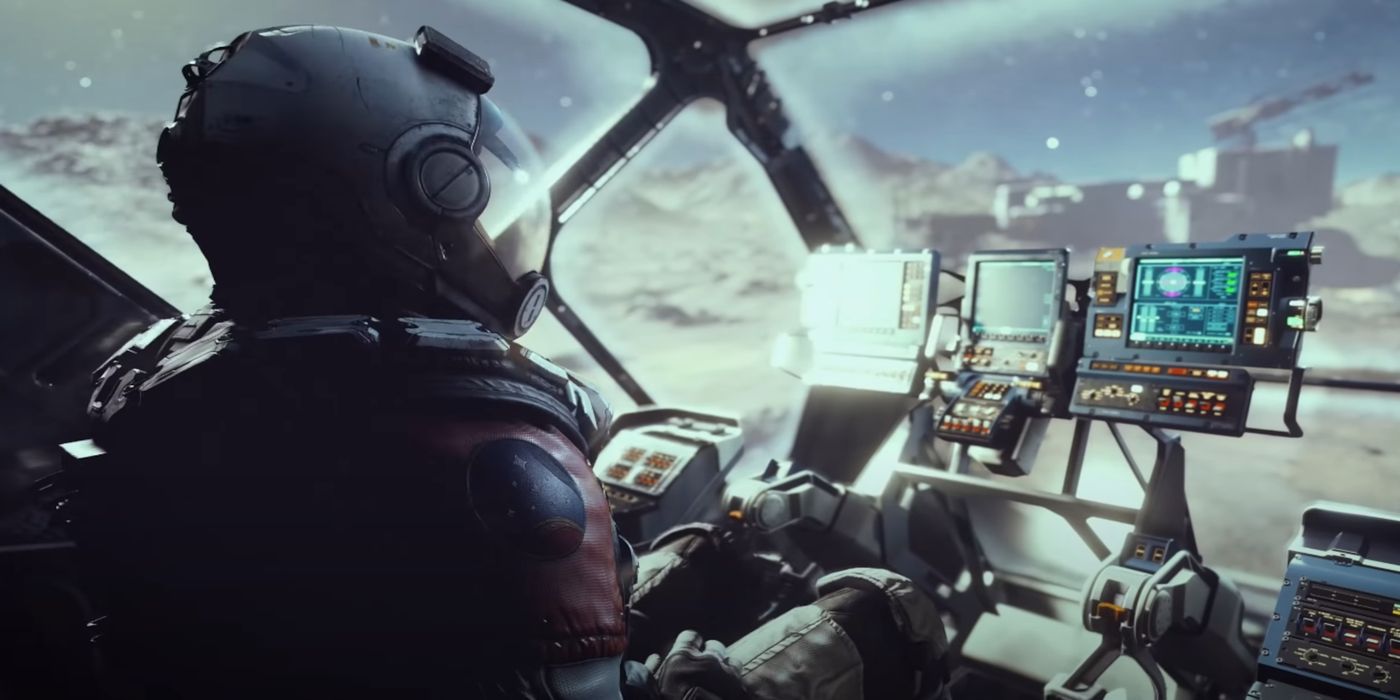
The challenge facing Starfield is that, unlike The Elder Scrolls or the Fallout games, its tone seems inherently optimistic. Constellation, the faction the E3 trailer suggests the player joins, seems motivated primarily by exploration and a desire to answer the questions which have plagued humanity since the dawn of time – most likely whether or not humans are alone in the universe. The idea that humans could spread out to space at all is an immensely optimistic premise.
The call-back to '50s and '60s Space Race aesthetics doesn't seem to be invoking the fear of destruction that came with the Cold War – that's Fallout's area of expertise. Instead, Bethesda seems to be drawing on a perceived sense of optimism from that time, including the idea that humanity would leave Earth behind, an idea that not only seems unlikely now but borderline irresponsible as Earth itself suffers the effects of climate change.
Starfield's universe does appear to be a dangerous place. The images of player characters released so far shows them with guns and grenades. The images of Starfield's ship UI appears to show several weapons and shields, indicating that space combat isn't uncommon. Concept art released for the game shows towns which resemble wild west frontiers, likely set up in the dangerous far reaches of the galaxy. Players will need the option of playing an evil, violent character if the game is going to have the same level of roleplaying freedom that has brought Bethesda success in the past.
However, if players find themselves forced to deal with most NPCs beyond settlements with lethal force like in The Elder Scrolls and Fallout, Starfield's tone will be fundamentally undermined. Players who want to engage in the exact optimistic fantasy that Bethesda is attempting to evoke will find that their journey through the galaxy is closer to the satirically ultra-violent futures found in movies like Starship Troopers. Playing an extremely violent character should be an option, but Starfield's premise cannot afford to make it the only option.
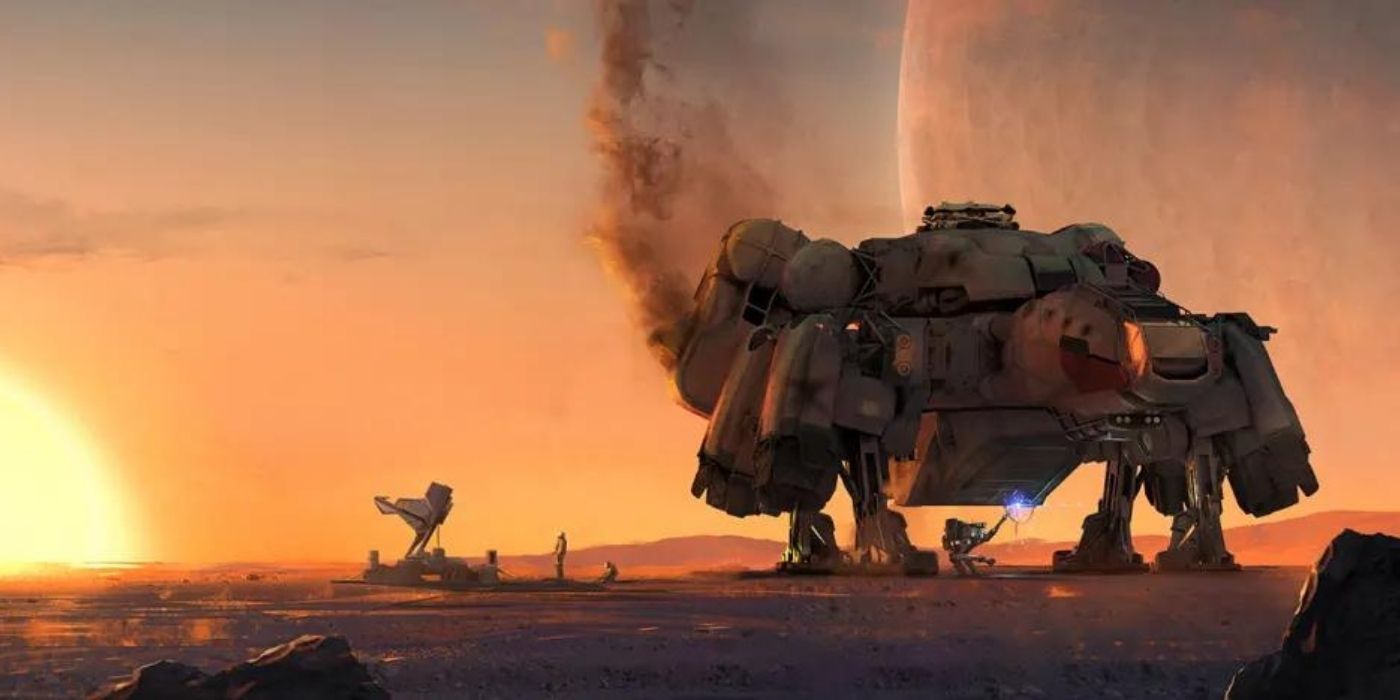
Starfield players need access to a robust dialogue system which allows them to talk their way out of potentially violent situations, whether they do so by intimidation or persuasion. They need the option to use stun bullets, gas grenades, and other non-lethal weapons when dealing with hostile NPCs. Games like Deus Ex: Human Revolution already showed that non-lethal takedowns can be a core part of an RPG.
Some players will want to be a space pirate, a scourge of the galaxy who cuts down anyone who dares get in their way. For players who want to be the hero of Starfield, however, the fundamental optimism of the game's setting and aesthetics are incompatible with the level of lethal violence that is taken as a given in The Elder Scrolls and Fallout. The option to stun or knock enemies out may seem small from a mechanical perspective, but it will have a huge effect on how deeply players will be able to immerse themselves in Starfield's world.
Bethesda's new IP is selling an optimistic vision of the future, even if that future remains flawed. If the player's journey of exploration necessarily involves killing hundreds upon hundreds of people as it would in another Bethesda game, the game will struggle to sell players on its optimistic premise, and its gameplay will be at odds with the image of the universe that Bethesda has showcased so far.
Starfield launches November 11, 2022, on PC and Xbox Series X/S.
MORE: Starfield, Elden Ring Face Similar Concerns at Launch
